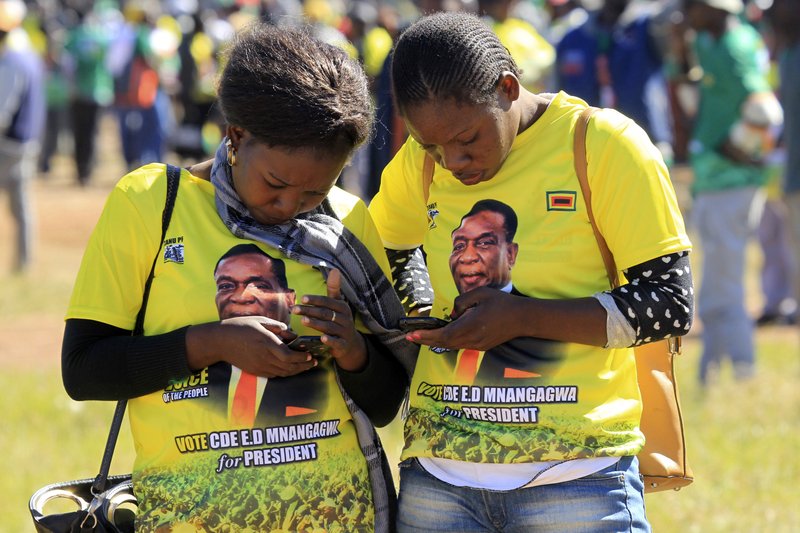THE remaining members of the Zimbabwe People’s Army (Zipa of the old guard), who included, Rex Nhongo (Solomon Mujuru), Tonderai Nyika (Paradzai Zimondi), Muparuri and Webster Gwauya were on Robert Mugabe’s side.
This revolt was followed a year later by the Gumbo/Hamadziripi Rebellion, where Muparuri and Webster Gwauya and Augustine Chihuri (Stephen Chocha), were also purged by Mugabe and some commanders who had taken sides with Mugabe. What many may not have realised is that the crushing of revolts or purging of these leaders and commanders was, in essence, the crushing of divergent opinion within the party and military. Every cadre who displayed a different way of thinking became an enemy or a reactionary, which was essentially not wholly true. This marked the undemocratic nature of Zanu PF, where only a few with influence called the shots.
This purge marked Mugabe’s grip on power, with the backing of military commanders. All decisions of the party became Mugabe’s sole responsibility and the commanders were the guarantors of the power regime. While the people were mobilised for the revolutionary cause on the war front, they did not have any contribution in the direction and decision-making in the party and in the war.
Backed by Zanla, Zanu won the elections resoundingly in 1980, riding on its influence in the country, through both persuasion and coercion, and formed a unity government with Zapu, another liberation outfit. The people of Zimbabwe believed at this point that they had entered a democratic dispensation. It appeared so on paper, and it seemed to be the same in practice. But did the people really have a say in how the country was to be governed?
The answer is negative.
People were tired of the war, and voting against Zanu PF would mean the return to war, according to Zanla. While most voted Zanu PF of their own will, some voted simply to avoid the experience of war again.
After Independence, decisions were made by the leadership with little consultation of the voting members. All they were given was the revolutionary rhetoric which was either forced upon them or persuaded to embrace as the right decisions. The military was always the guarantor of this power. War veterans became the custodians of Zanu PF governance and any divergent opinion was viewed as reactionary, or of colonial puppets.
The selection of candidates in primary elections of the party was not exactly according to the people’s choice, but according to who the leadership and the military viewed as toeing the line. Zanu PF became too complacent having cowed the citizens into believing that only they had the right to govern.
The opposition MDC was formed in 1999, following the decline in the economy due to Mugabe’s catastrophic adoption of the Economic Structural Adjustment Programme (Esap), the lump sum payouts to war veterans in 1997, which collapsed the value of the Zimbabwean dollar, and the military deployment to the Democratic Republic of Congo in 1998.
This brought the realisation by both Mugabe and the Zanu PF leadership that they could lose the support of the people to the MDC, after losing in the 2000 constitutional referendum.

